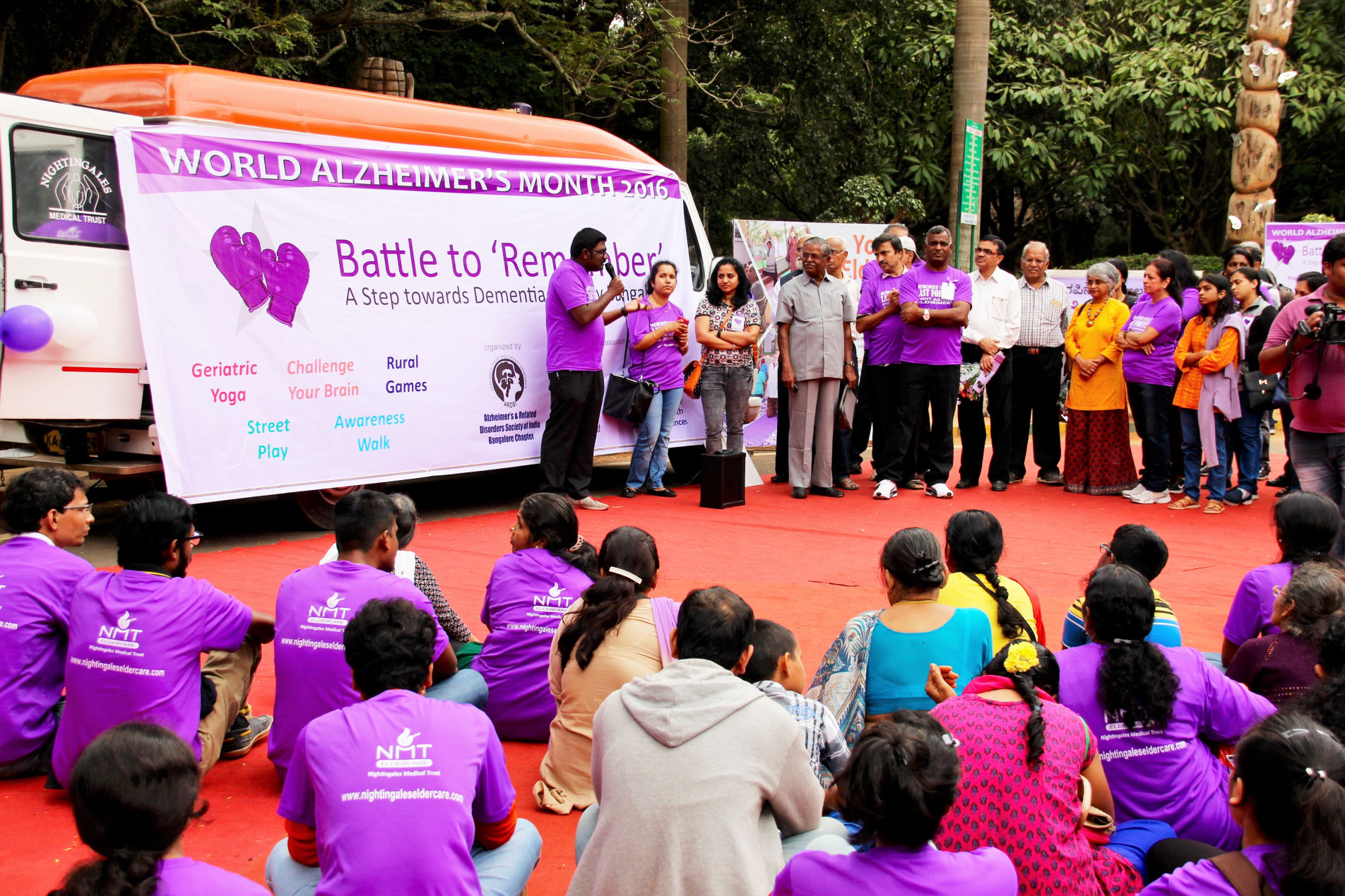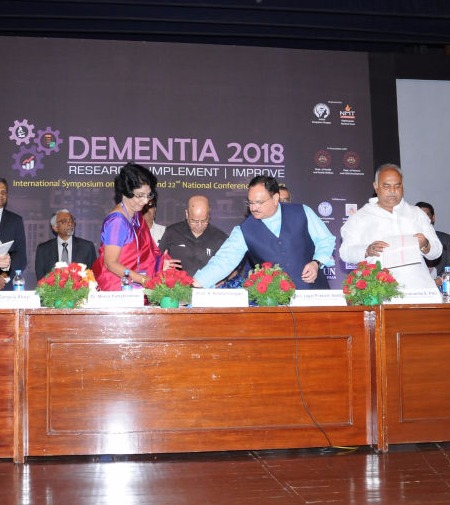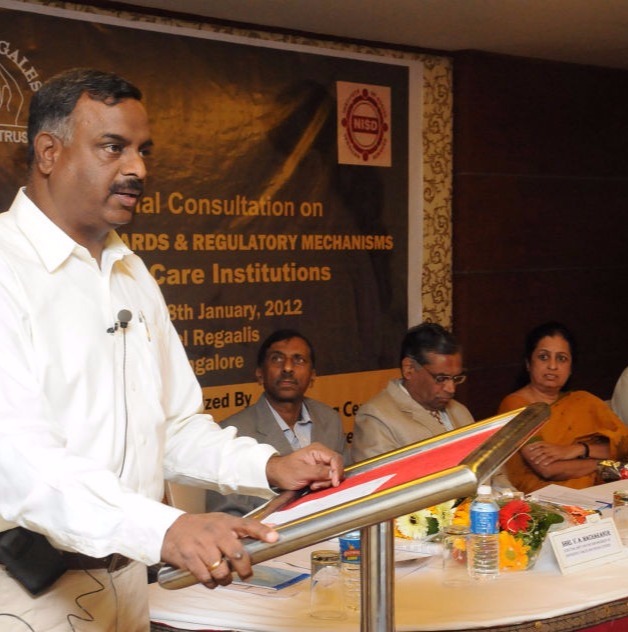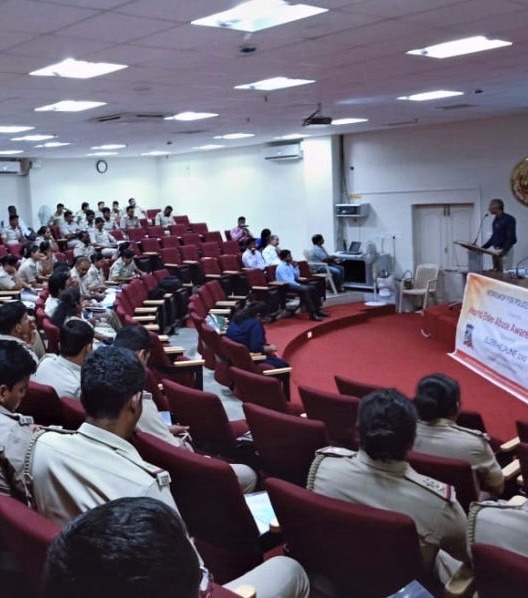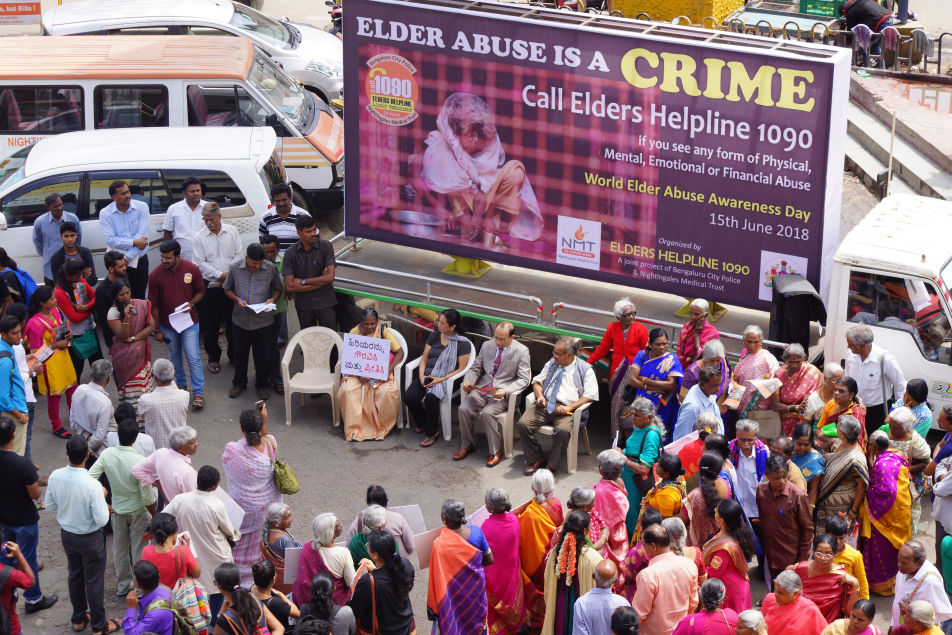One of the important awareness and advocacy agenda of NMT is to raise awareness of dementia as a public health priority, to advocate a public health approach and to call for action at a national level.
Dementia is a syndrome that affects memory, thinking, behaviour and ability to perform everyday activities. The number of people living with dementia worldwide is currently estimated at 35.6 million. This number is likely to double by 2030 and be more than triple by 2050.
According to Dementia India Report, it is estimated that over 3.7 million people are affected by dementia in India. The numbers are expected to double by 2030 and the cost associated with care and treatment would increase three times. Despite the magnitude, there is gross ignorance, neglect and scarcity of services for people with dementia and their families. Dementia impacts not only the people who suffer from it, but also affects their caregivers and families.
Lack of awareness and understanding of dementia in our country has resulted in stigmatization, barriers to diagnosis and care, impacting care givers, families and society psychologically and economically.
Nightingales Medical Trust has taken various initiatives towards dementia awareness and advocacy such as:
Mobile Memory Screening, Online Memory Screening, Training, Expert Talks, Road shows.
We are constantly working with the government, policy-makers, and other stakeholders in addressing the impact of dementia as an increasing threat to global health. We hope that our efforts will help place dementia as a public health and social care priority nationwide.
